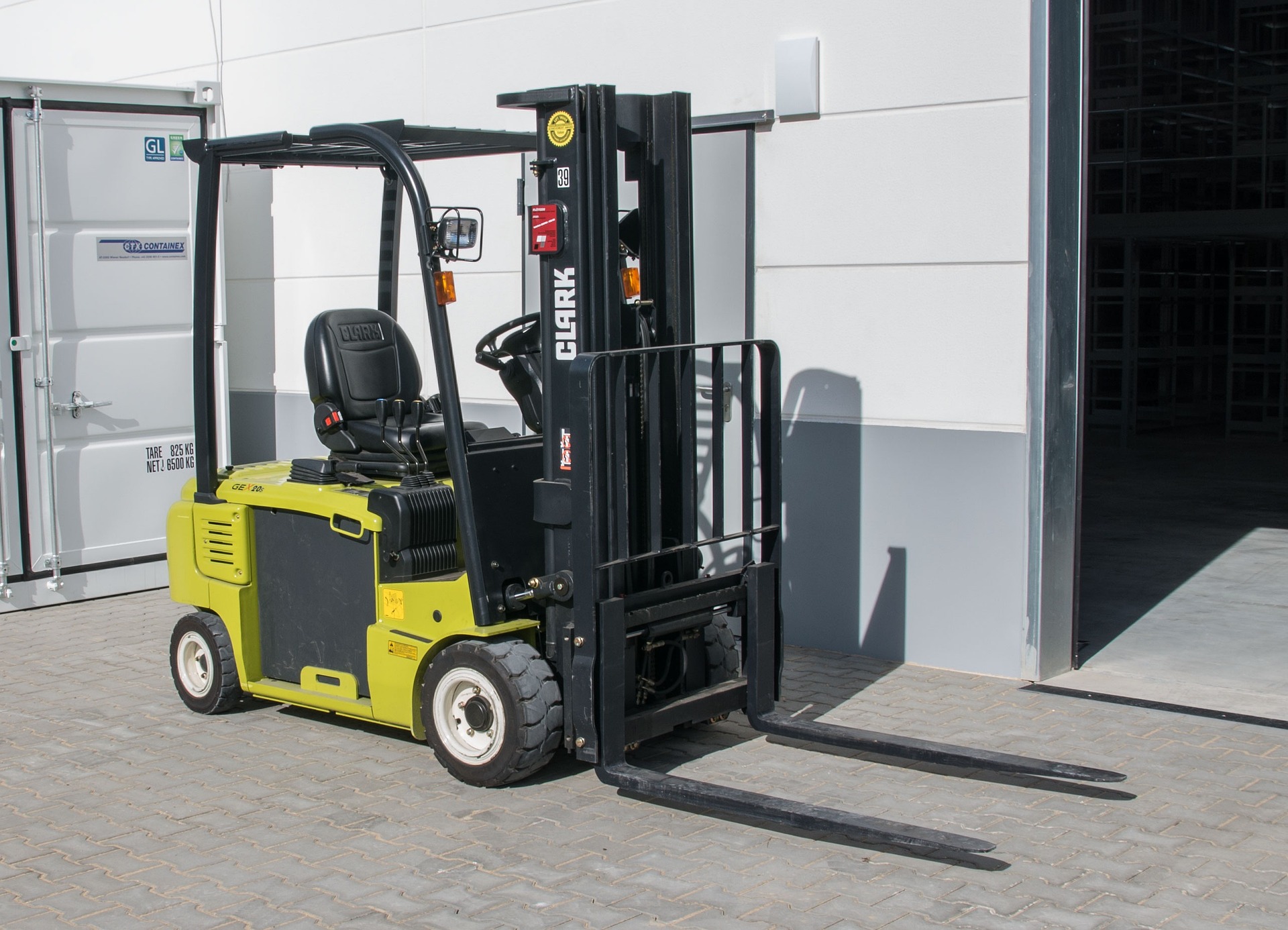How IBC Totes Are Reshaping Storage and Transport Solutions
Intermediate bulk containers, or IBC totes, are changing how businesses and households handle storage. From water collection to chemical transport, their design combines capacity and efficiency. Learn why these containers are becoming essential across industries.

What Makes IBC Totes Ideal for Water Storage Applications?
IBC totes for water storage have gained significant traction due to their food-grade materials and stackable design. These containers typically hold between 275 and 330 gallons, making them perfect for residential rainwater collection, emergency water storage, and small-scale agricultural irrigation systems. The polyethylene construction ensures water remains uncontaminated, while the integrated pallet base allows for easy movement with standard forklifts or pallet jacks. Many facilities use multiple totes to create scalable water storage systems that can expand based on seasonal demands or operational requirements.
How Do Chemical Transport Containers Ensure Safety?
Chemical transport containers built on the IBC tote platform incorporate specialized safety features that surpass traditional drum storage. These containers feature UN-rated construction that meets international shipping standards for hazardous materials. The galvanized steel cage provides structural integrity during transport, while the inner container uses materials specifically chosen for chemical compatibility. Integrated venting systems prevent pressure buildup, and the standardized connections allow for safe dispensing without exposure risks. This design significantly reduces handling incidents compared to smaller containers that require frequent lifting and pouring.
Why Are Bulk Liquid Storage Solutions Becoming More Efficient?
Bulk liquid storage solutions using IBC totes offer superior space utilization compared to traditional storage methods. The cubic design maximizes warehouse space efficiency, while the standardized footprint allows for precise inventory planning. These containers can be stacked when full and nested when empty, reducing storage space requirements by up to 75% during off-seasons. The integrated discharge valve enables gravity-fed dispensing, eliminating the need for pumping systems in many applications. This efficiency translates to lower labor costs and reduced material handling equipment requirements.
What Industrial Storage Equipment Features Set IBC Totes Apart?
Modern industrial storage equipment incorporating IBC tote technology offers integrated monitoring capabilities and automated handling features. Many totes now include RFID tags for inventory tracking, while specialized fittings allow for direct connection to processing equipment. The standardized dimensions work seamlessly with existing warehouse automation systems, including conveyor systems and robotic handling equipment. Temperature monitoring sensors can be integrated for sensitive materials, and the containers can be configured with custom valve arrangements to match specific industrial processes.
How Do Reusable Storage Containers Impact Environmental Goals?
Reusable storage containers like IBC totes significantly reduce packaging waste in industrial operations. A single IBC tote can replace dozens of smaller containers over its operational lifetime, which typically spans 5-10 years with proper maintenance. The containers can be refurbished, with new inner bladders installed while retaining the steel cage framework. This lifecycle approach reduces raw material consumption and disposal costs. Many companies report 40-60% reductions in packaging waste after transitioning to IBC tote systems, contributing meaningfully to sustainability initiatives.
Several manufacturers offer IBC tote solutions with varying specifications and price points. The following comparison reflects current market options:
| Provider | Container Type | Capacity | Price Range |
|---|---|---|---|
| Schütz | Food-grade composite | 275-330 gallons | $180-$250 |
| Mauser Packaging | Chemical-rated steel | 280 gallons | $200-$280 |
| Grief Inc. | Multi-use plastic | 275 gallons | $160-$220 |
| Time Technoplast | Agricultural grade | 264 gallons | $150-$200 |
Prices, rates, or cost estimates mentioned in this article are based on the latest available information but may change over time. Independent research is advised before making financial decisions.
The adoption of IBC totes represents a significant shift toward more efficient and sustainable storage solutions across industries. Their versatility in handling everything from potable water to specialized chemicals, combined with their reusable nature and standardized handling requirements, makes them increasingly attractive for operations seeking to optimize both costs and environmental impact. As automation and tracking technologies continue to integrate with these containers, their role in modern storage and transport operations will likely expand further, cementing their position as a cornerstone of efficient industrial logistics.




